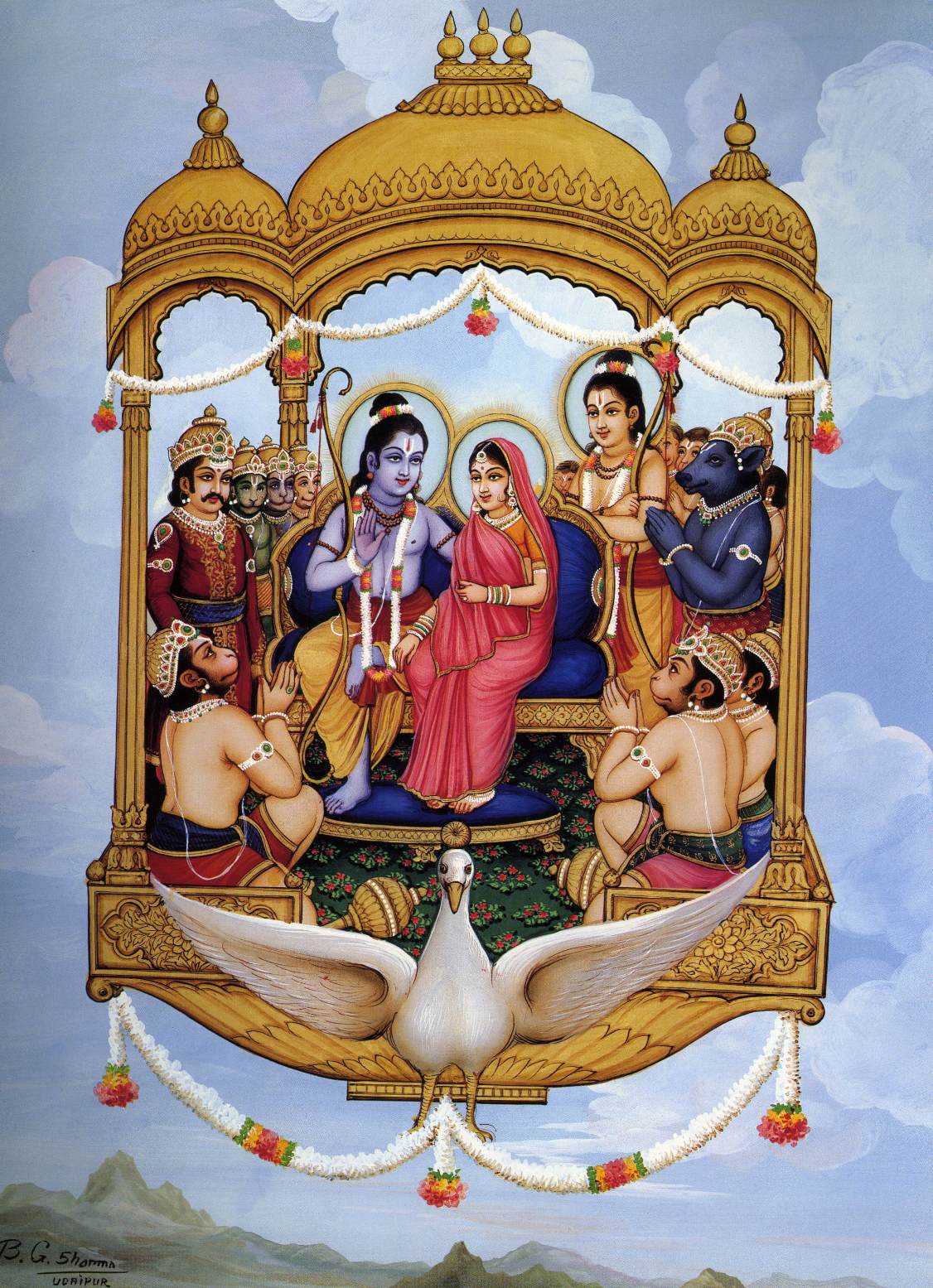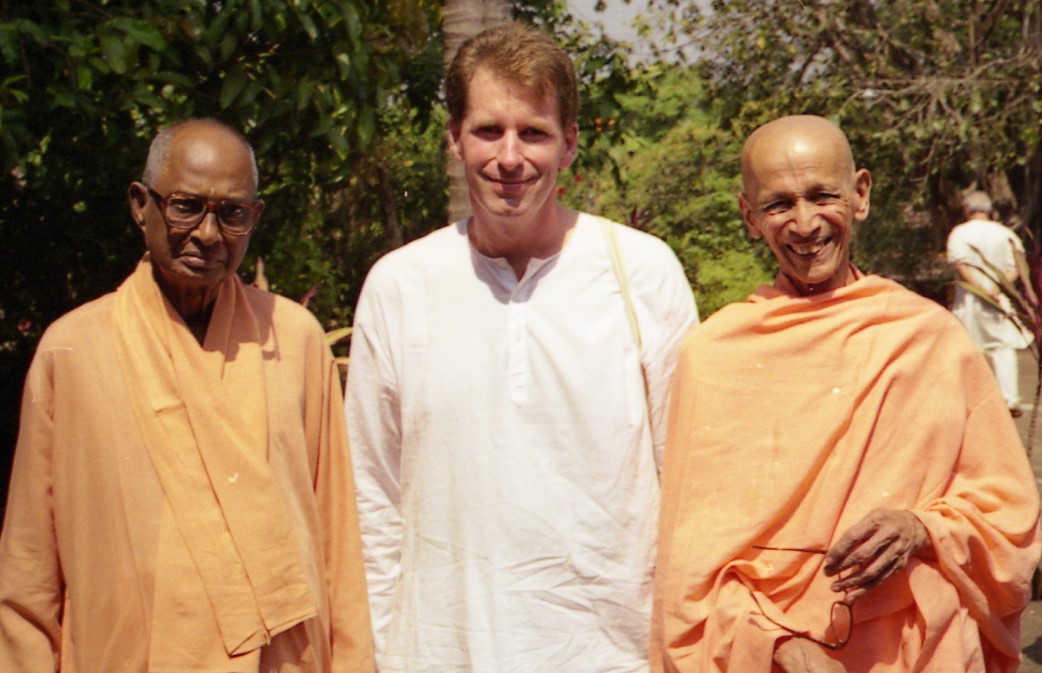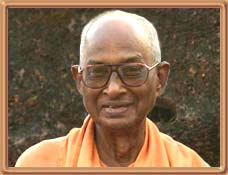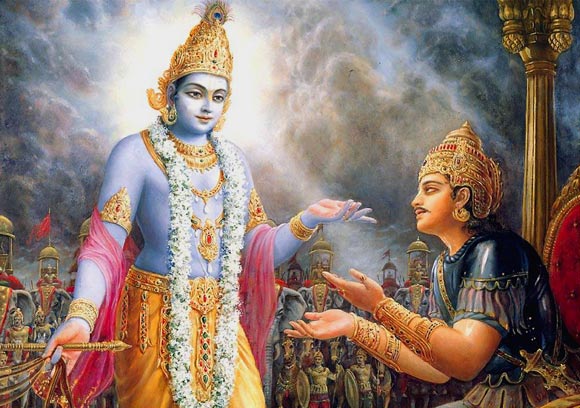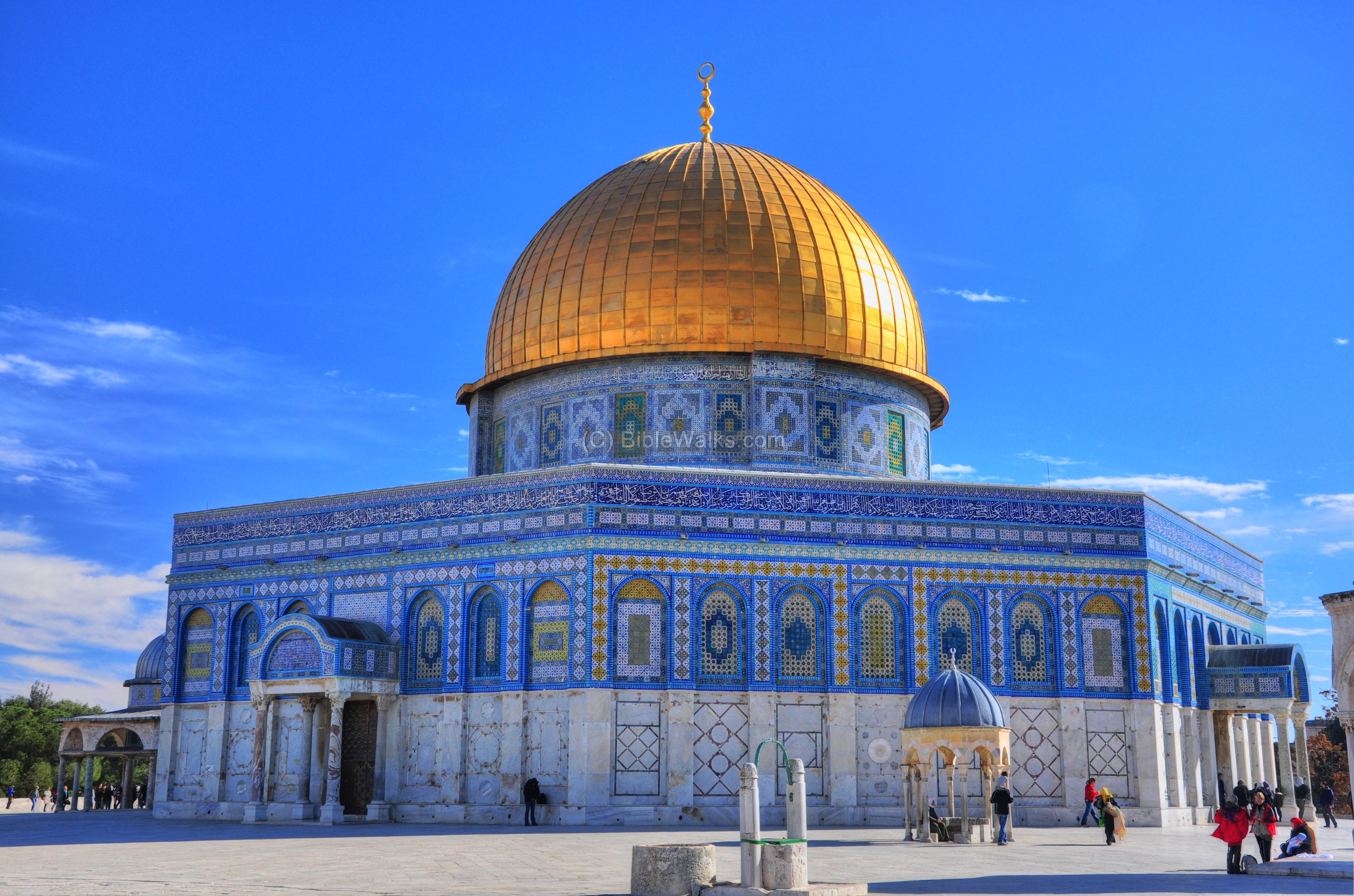
Spiritual progress does not mean development only in one aspect of a human being. His emotional, intellectual and dynamic nature should evolve simultaneously. It is rightly said Karma is the foundation, Jnana the upper structure, and the dome at the top is Bhakti. Swami Ramdas
Papa says so much in language that is easily understood by sincere aspirants—it is a gift of his spiritual genius. However, we may benefit from contemplating what Papa writes here, and expand on how we can apply it in daily life.
Great masters such as Swami Ramdas like for us to live a balanced life. Papa and others, such as the Buddha, experience intense sadhana or spiritual practice in order to realize the great Truth. Upon attaining the supreme state of realization they are then in a position to say what was essential in their journey, and what was either not essential to their attaining realization, or is not universally necessary for all aspirants, and therefore need not be duplicated. Buddha articulated the “Middle Path,” which was not what he practiced, but it was what he prescribed to all who followed his teachings to attain Nirvana. Papa also went through extreme practices, but after attaining Sahaja Samadhi said that others need not be so austere.
Papa goes on to verbally paint a picture in the above writing that Karma Yoga is the foundation for spiritual living. Karma means action; it is what you physically do in life. You are to live a life of purity, starting with eating healthy foods in moderation—not with avarice; you work and do all in the spirit of service to God in others—not for greed; and all that you speak is in concert with the highest truth you know—do not lie. In your spiritual quest you build the foundation of your spiritual life with actions that match what you know to be the highest light.
When Papa says the intellectual builds the upper structure of spiritual practice, he is not speaking here of gaining additional facts, reading books for knowledge or any other type of, what you would normally think of as, intellectual endeavors. Jnana means wisdom, and more specifically, discrimination. In your spiritual practice you must make choices along the way, and the higher up you go on the spiritual ladder of consciousness the more discernment you need. Krishna stated that extra-ordinary powers are pitfalls for real aspirants. Mother taught us to, “Keep your mind on God.” A statement so plain that you may not comprehend its full significance until you are well along on the path. Keeping your mind on God translates into not getting seduced by sex, greed, power, name or fame, and the many other traps that present themselves to you as you ascend the spinal stairway. Discernment is absolutely necessary as you build a life upwards—knowing that you must have a solid foundation and well-constructed upper stories to prepare yourself to succeed in the great quest.
Bhakti, intense love and attraction for attaining the supreme state of God-realization makes the dome for your temple of spiritual practice—that which caps the spiritual life with success. The drawing power of love is required for the kind of complete self-surrender that is necessary to be subsumed in Divine Consciousness. There is no greater power in all of creation than love; it makes you want to be absorbed in your Beloved and lose yourself in Him. Physical activity done in service and the practice of wise discernment by themselves are not enough to take you all the way. When lifted into the highest centers of consciousness you focus on one thing, the Goal of goals—consummation in samadhi by ultimate Love. Divine Union is the consequence of this total surrender and leaves behind all spiritual practices when lover and Beloved merge and become One.
Building your spiritual temple by constructing a solid foundation, intelligently designed frames for the upper structure, and a brilliantly radiating dome in your daily life is a wonderful thing; it shows you what is needed in order to realize God. But knowing the way and being immersed in the supreme Reality is not the same thing. Be inspired by these beautiful teachings from Papa: take the complete plunge into spiritual life with total enthusiasm—be absorbed into the Infinite Beloved who dwells beyond time and space and all form—realize the Truth even as the Buddha, Papa and Mother so fully immersed themselves in the highest Reality, and then help others to build their own temples of spiritual practice with nothing but the very finest materials.
